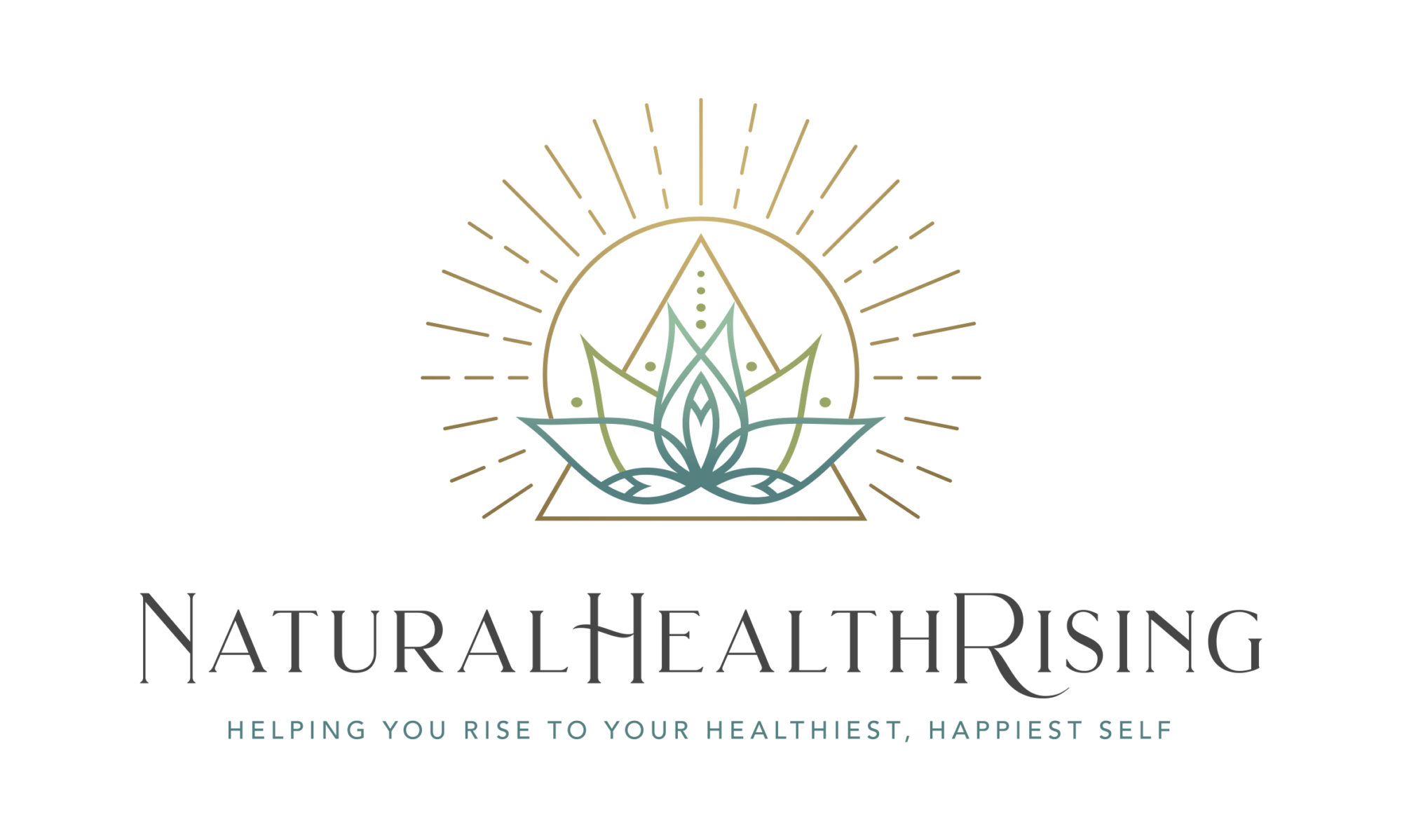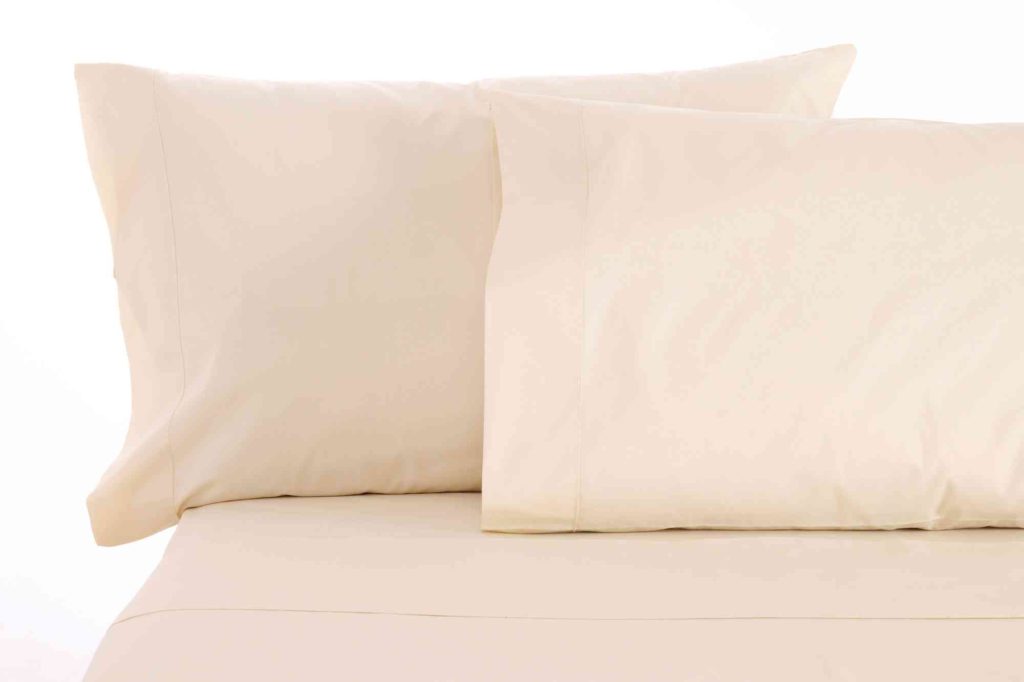Difficulty falling asleep? Difficulty staying asleep? Maybe you have issues with both? Low melatonin may play a role here. To discover if you truly have low melatonin, you can do a functional lab test, like the DUTCH panel, to check. If your levels are low, there is always a deeper reason as to why! Supplementing can be a great short-term fix, but you’ll want to address the real issue. Melatonin is a hormone, so you’ll want to get your body producing this naturally instead of relying on this long term.
WHAT IS MELATONIN?
Melatonin is a hormone produced by the pineal gland and in the gastrointestinal tract. It’s actually produced about 500 times more in amount in the GI tract than in the pineal gland! [2]
WHAT DOES THIS HORMONE DO?
It is most widely known to help us transition into sleep. In fact, melatonin is produced in a rhythmic manner due to light-dark patterns and increases in amount as it becomes nighttime. Moreover, it has a wide variety of activities outside of helping us get to bed including the following: free radical scavenging activity, immune system enhancement, protection of the gut against irritants, and healing of gastrointestinal lesions like esophagitis, gastritis, and peptic ulcers. [1] [2] [3] Melatonin is extremely important and if you aren’t producing enough, you definitely want to address the root cause of this issue.
11 ROOT CAUSES OF LOW MELATONIN
There are many reasons you may have low melatonin levels, which can cause you to have insomnia:
- Blue light exposure a few hours before bed
- High cortisol at night
- Lack of natural light exposure during the day
- Sleep deprivation
- Pathogens in the gut
- Low-carb diet
- Nutrient deficiencies
- Low HCL
- Calcification of the pineal gland
- Toxicity
- Brain trauma
NATURAL WAYS TO ADDRESS LOW MELATONIN LEVELS
1. USE BLUE-LIGHT BLOCKING GLASSES
Wear blue light blocking glasses 3 hours before bed. Any blue light exposure in the evening will suppress melatonin production. My favorite blue light blocking glasses come from the brand RA Optics. Their nighttime glasses block 100% of artificial blue light and their products are backed by science. Use code: Naturalhealthrising to save money on their glasses.

GET YOUR RA OPTICS
BLUE-LIGHT BLOCKING
GLASSES HERE
use code “Naturalhealthrising” to receive a discount
2. GET SUNSHINE EXPOSURE DAILY
Get sunshine exposure during sunrise, midday, and sunset. By getting natural sunlight exposure, you are regulating your circadian rhythm, which is how our bodies know when to produce and release different hormones, like melatonin. I rarely wear sunglasses under sunlight. Read more about why in this post.
3. MANAGE STRESS LEVELS
When our bodies are stressed out, we raise cortisol levels (our stress hormone). Cortisol suppresses melatonin production. This is why it’s important to have a relaxing bedtime routine. Try things like a hot epsom salt bath, meditation, or reading a book before bed to relax and lower cortisol. I also love “brain dumping” before bed. Instead of letting my mind race with all of the “to-dos” I have to do the next day or lay in bed worrying about things on my mind, I write everything out on a piece of paper before bed so that my brain can actually shut off.
4. WORK WITH A FUNCTIONAL HEALTH PRACTITIONER
Work with a functional practitioner to identify & heal gut infections. If you have “leaky gut” then your body will not be breaking down food or absorbing nutrients properly that are needed to make your melatonin. Plus, pesky parasites and pathogens can keep you up at night. Parasites are usually active while you are sleeping. Waking up in the middle of the night may be a sign of a parasitic infection. Don’t forget that most of our melatonin is made in our gut, so you need healthy gut function in order to get good sleep.
5. HAVE BALANCED MEALS
Include carbohydrates with protein & fat at dinner. Complex carbs are a good choice since they break down slowly. These carbs include foods like sweet potatoes, butternut squash, apples, carrots, peas, and a variety of other root vegetables. Protein and fats are necessary to slow down the absorption of sugars from carbohydrates. If you eat a very low-carb diet and you have trouble sleeping, consider adding more healthy carbs into your nutrition plan and see how you feel.
6. REDUCE ENVIRONMENTAL TOXIN EXPOSURE
This means filtering your water, choosing organic produce as often as possible, and choosing non-toxic alternatives for your mattress, cookware, makeup, self-care products, and cleaning products. One chemical in our environment that causes calcification of the pineal gland (where we produce some of our melatonin) is Fluoride! To get fluoride out of your water supply, filter your water with something like a Berkey Filter and use the fluoride filter add-ons. The link below includes the carbon filters and fluoride filters. When it comes to beauty products, I love many different brands including 100% Pure, Rejuva Minerals, and Beautycounter. Chemicals in our self-care products can not only disrupt melatonin, but they affect our sex hormones like estrogen and testosterone levels.
7. EAT FOODS RICH IN TRYPTOPHAN
Eat foods containing tryptophan, which is the amino acid that is needed to create melatonin in the body. Foods containing tryptophan include the following: turkey, chicken, pork, beef, eggs, salmon, squash, pumpkin seeds, chia seeds, and flax seeds. However, you need to be breaking down your food properly in order to absorb these nutrients. Hence why having a healthy gut and digestive system is important. Consider taking some digestive enzymes with your meals and work with a functional medicine practitioner to heal any gut issues.
8. TEMPORARY SUPPLEMENTATION WITH MELATONIN
A lot of people try to supplement with melatonin. However, they often times use way too much, which leads to feeling groggy the next day. The physiological dose is only 0.3 mg! To explain, a physiological dose is how much your body should be producing naturally and the amount it needs to do its job of promoting sleep. So many products use 5-10 mg, which is way too much! However, I do not recommend relying on melatonin supplementation for the long term. If you need some support for the short term while you work on all of the other tips in this blog, you can find professional-grade supplements at Fullscript here (PRESS ON THE BUTTON BELOW!)
If you need to supplement for the time being so that you can get a good night’s sleep, then please do so under the care and approval of your physician or qualified healthcare practitioner. In the meantime, get started working on those root cause reasons that could be holding you back from optimal health!
Finally, if you need a functional practitioner to help you reach your goals, you can book a call with me here to apply to work with me.
RESOURCES
https://pubmed.ncbi.nlm.nih.gov/18212399/ [2]
https://www.ncbi.nlm.nih.gov/pmc/articles/PMC1325257/ [3]








Recent Comments